Bill Mollison (born 1928 in Tasmania, Australia) is a researcher, author, scientist, teacher and naturalist, and one of the foremost advocates for permaculture, or permanent agriculture. Following is a documentary on Mollison and his ideas.
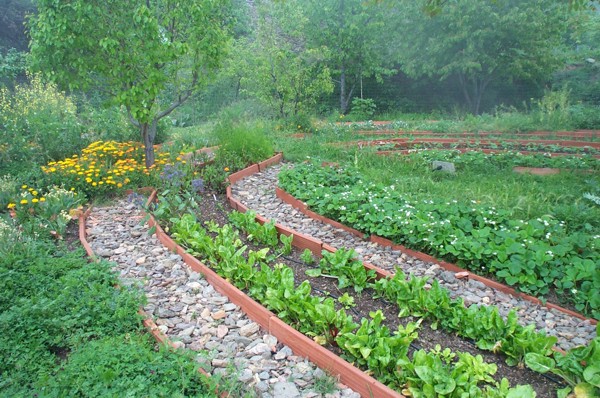

In this introductory video to permaculture, Bill Mollison, the movement’s co-founder, takes the viewer through the history and developments on the road to permanent agriculture. With humor and insight he deconstructs industrial agribusiness, as well as the “modern plague” : manicured ornamental lawns. In this video he offers an antidote to both our currently unsustainable practices and our consumer-obsessed culture. Both of these have to change and adapt. Permanently.
httpvh://youtu.be/CjWaP0iQmWw
Documentary: In Grave Danger of Falling Food, Directed and Written By Tony Gailey, Australia, 1989
“Each such cycle is a unique event; diet, choice, selection, season, weather, digestion, decomposition and regeneration differ each time it happens. Thus, it is the number of such cycles, great and small, that decide the potential for diversity. We should feel ourselves privileged to be part of such eternal renewal. Just by living we have achieved immortality – as grass, grasshoppers, gulls, geese and other people. We are of the diversity we experience in every real sense.
“If, as physical scientists assure us, we all contain a few molecules of Einstein, and if the atomic particles of our physical body reach to the outermost bounds of the universe, then we are all de facto components of all things. There is nowhere left for us to go if we are already everywhere, and this is, in truth, all we will ever have or need. If we love ourselves at all, we should respect all things equally, and not claim any superiority over what are, in effect, our other parts. Is the hand superior to the eye? The bishop to the goose? The son to the mother?” — Bill Mollison
“. . . every society that grows extensive lawns could produce all its food on the same area, using the same resources, and . . . world famine could be totally relieved if we devoted the same resources of lawn culture to food culture in poor areas. These facts are before us. Thus, we can look at lawns, like double garages and large guard dogs, [and Humvees and SUVs] as a badge of willful waste, conspicuous consumption, and lack of care for the earth or its people.
“Most lawns are purely cosmetic in function. Thus, affluent societies have, all unnoticed, developed an agriculture which produces a polluted waste product, in the presence of famine and erosion elsewhere, and the threat of water shortages at home.
“The lawn has become the curse of modern town landscapes as sugar cane is the curse of the lowland coastal tropics, and cattle the curse of the semi-arid and arid rangelands.
“It is past time to tax lawns (or any wasteful consumption), and to devote that tax to third world relief. I would suggest a tax of $5 per square metre for both public and private lawns, updated annually, until all but useful lawns are eliminated.” — Bill Mollison



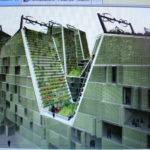
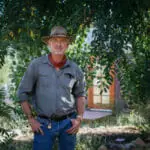


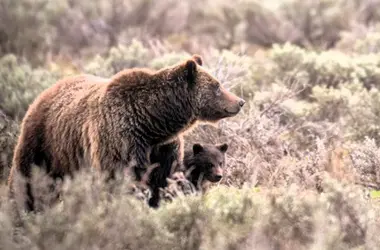
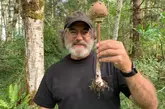
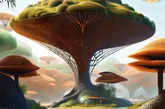
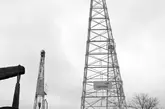


Hello Bill,
I would love to have your thoughts on production within the Mediterranean Climate zones of the world. You have one in sw Aussie. I seek to “permaculture” a 25 acre lot I have purchased in the “Mediterranean Climate” zone of central Chile. The zone is mild, characterized by most waters/rains occurring during the mild winter months with the summers being a bit on the dry side. Weather seems mild enough that, with the right plantings, a 3-4 cycle growing/harvest season is well-possible. I hope to provide at least 70-80 percent of the food needs of my family (and a few neighbors as well). Not just on the organic food end, but also with goat milk, cheeses, yoghurts as well. The Galt’s Gulch Chile community already has a 250 acre operational organic farm on their 11,000 acres but I wish my own small private version for my family. Would you be able to point me to any sources of information, or to your own thoughts, on crops and rotations for this unique climate zone (less than 2 percent of the Earth’s landmass is Mediterranean Climate yet 20 percent of the Earth’s biodiversity)!!!! Feel free to contact me at the email address provided. Thank you, Martin
Pingback: Starhawk: Hope in the Time of Climate Change | WilderUtopia.com
Pingback: The (un)Quiet Revolution: Permaculture (Documentary) | WilderUtopia.com